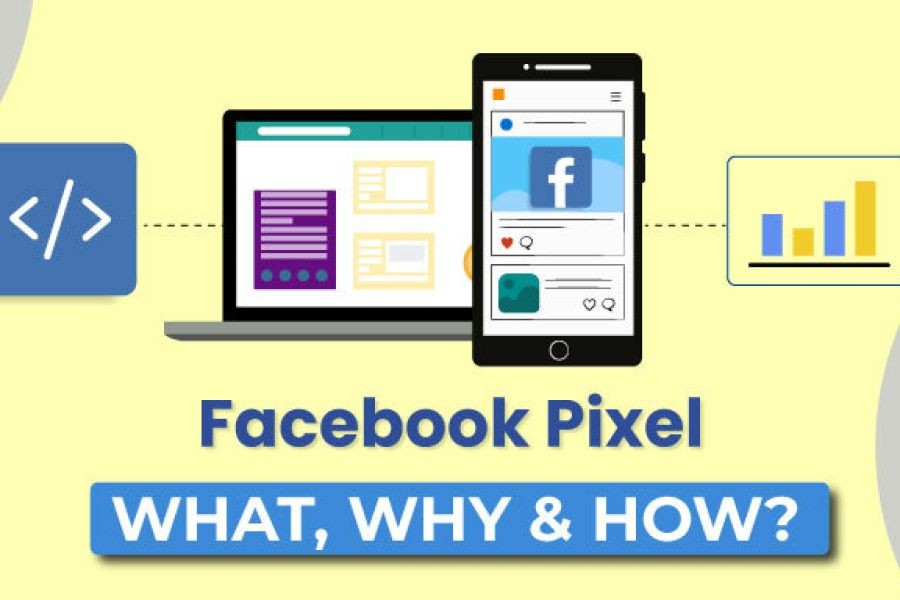In New Zealand, the prospect of affordable healthcare is a critical concern for expats. Navigating the healthcare system can be daunting, especially given the distinctive structure that combines public and private services. For expats, understanding how to access affordable healthcare while residing in New Zealand is crucial for their well-being and financial planning.
Understanding New Zealand's Healthcare System
New Zealand's healthcare system is renowned for its public healthcare services, funded largely through taxation. This system ensures that residents receive essential medical care with minimal out-of-pocket expenses. However, for expats, the situation is slightly more complex. Non-residents do not automatically qualify for publicly funded healthcare, which can lead to significant costs if not planned for appropriately.
The Role of Public Healthcare
Public healthcare in New Zealand covers a broad range of services, including hospital stays, emergency treatments, and some outpatient services. According to the Ministry of Health, expats who hold a work visa valid for two years or more are typically eligible for publicly funded healthcare. However, it's important to confirm eligibility, as requirements can vary.
Private Healthcare Options
Private health insurance can provide access to broader healthcare services and reduce waiting times for elective procedures. Many expats opt for private health insurance to supplement public healthcare coverage. Industry analysis by NZ Health Group indicates that private insurance can significantly enhance healthcare access, particularly for non-urgent medical procedures.
Case Study: Accessing Healthcare as an Expat
Case Study: John and Sarah – Navigating Healthcare Coverage
Problem: John and Sarah, a couple from Canada, moved to Auckland for work. With a one-year work visa, they faced challenges accessing New Zealand's public healthcare services. Initial visits to medical facilities resulted in high out-of-pocket expenses, prompting them to explore alternative solutions.
Action: The couple decided to purchase private health insurance to mitigate the costs of healthcare services not covered by the public system. They selected a plan that offered coverage for general practitioner visits, specialist consultations, and elective surgeries.
Result: Within six months, John and Sarah's medical expenses decreased by 40%, and they reported improved access to healthcare services. Their experience underscores the value of private insurance in managing healthcare costs effectively.
Takeaway: Expats in New Zealand can benefit from private health insurance to supplement public healthcare services, ensuring comprehensive medical coverage and financial peace of mind.
Cost-Saving Strategies for Expats
Finding affordable healthcare in New Zealand requires a strategic approach. Here are some actionable strategies:
- Research Eligibility: Verify eligibility for publicly funded healthcare based on visa status to minimize unnecessary expenses.
- Compare Private Insurance Plans: Evaluate different private health insurance providers to find a plan that meets your needs at a competitive price.
- Utilize Telehealth Services: Opt for telehealth consultations, which can be more cost-effective and convenient.
- Preventive Care: Engage in preventive care practices to avoid costly medical treatments in the future.
Expert Insights on Healthcare Trends
The New Zealand healthcare industry is evolving with technological advancements and policy changes. According to a report by MBIE, telehealth services have gained traction, reducing the need for in-person visits and offering cost savings. Additionally, the integration of artificial intelligence in diagnostics is projected to enhance healthcare delivery efficiency.
Contrasting Viewpoints: Public vs. Private Healthcare
While public healthcare offers essential services, the debate between public and private healthcare continues. Advocates for public healthcare emphasize accessibility and equity, while critics point to longer wait times and limited service availability. Private healthcare, on the other hand, is praised for shorter wait times and comprehensive coverage but is often criticized for higher costs.
Common Myths & Mistakes Expats Make
Understanding the reality of healthcare in New Zealand can prevent costly mistakes:
- Myth: Public healthcare is free for all expats.Reality: Only expats with specific visa statuses are eligible for publicly funded healthcare.
- Myth: Private insurance is too expensive.Reality: With careful comparison, expats can find affordable private insurance options that fit their budget.
- Myth: You don't need preventive care when you're healthy.Reality: Preventive care is crucial for maintaining health and avoiding costly treatments.
Future Trends in New Zealand's Healthcare
By 2030, New Zealand's healthcare landscape is expected to undergo significant changes. A report from Stats NZ projects an increased focus on digital health solutions, including AI-driven diagnostics and personalized medicine. These advancements aim to improve healthcare accessibility and affordability for both residents and expats.
Conclusion
Navigating the healthcare landscape in New Zealand as an expat requires a strategic approach. By understanding eligibility criteria, leveraging private insurance, and staying informed about industry trends, expats can access affordable healthcare services effectively. As the healthcare industry evolves, staying proactive and informed will be key to ensuring comprehensive and cost-effective healthcare coverage.
People Also Ask (FAQ)
- How can expats verify eligibility for public healthcare in New Zealand? Expats should consult the Ministry of Health's website and check their visa status to confirm eligibility for publicly funded healthcare services.
- What are the benefits of private health insurance for expats? Private health insurance offers faster access to medical specialists and elective surgeries, supplementing public healthcare services and reducing wait times.
- How is telehealth changing healthcare in New Zealand? Telehealth is increasing healthcare accessibility, reducing costs, and providing remote consultations, which is particularly beneficial for expats in rural areas.
- What are some cost-effective healthcare strategies for expats? Expats can minimize healthcare costs by utilizing preventive care, choosing appropriate insurance plans, and opting for telehealth services.
- How will AI impact New Zealand's healthcare system by 2030? AI is expected to enhance diagnostic accuracy and efficiency, contributing to more personalized and affordable healthcare services.
Related Search Queries
- Affordable healthcare options in New Zealand for expats
- New Zealand public healthcare eligibility for expats
- Private health insurance for expats in NZ
- Telehealth services in New Zealand
- Healthcare trends in New Zealand 2030

































rrhahmed026815
14 days ago